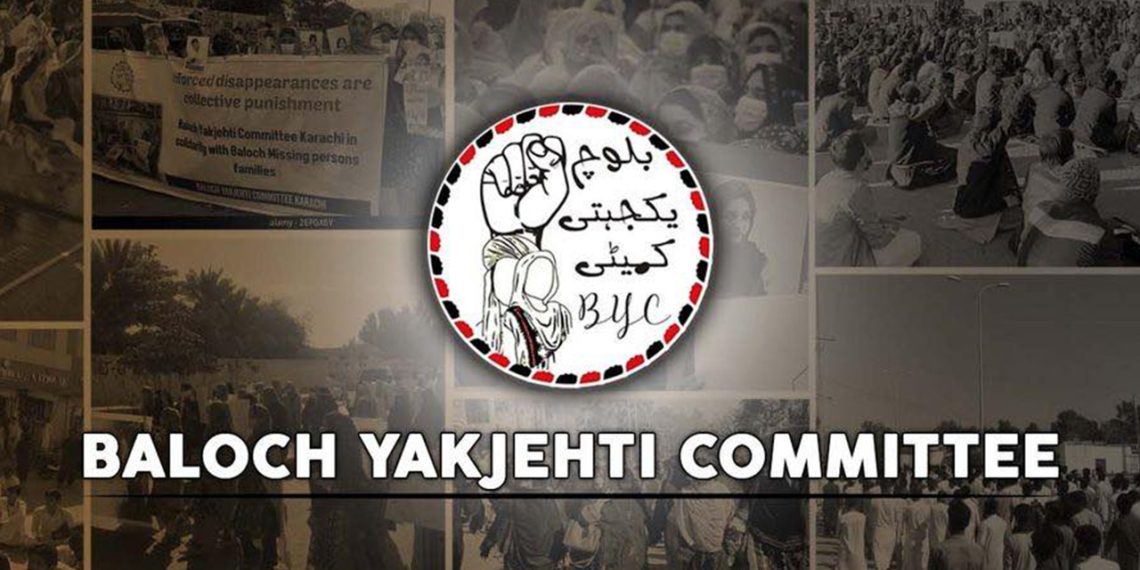Baloch nationalist leader Mir Abdul Nabi Bangulzai has issued a strongly worded audio message warning the people of Balochistan to remain vigilant against the growing presence of the Islamic State (ISIS) in the region, which he claims is being facilitated by the Pakistani state.
In his message, Bangulzai alleged that ISIS camps have been established in the mountainous regions of Balochistan with the support of Pakistani security agencies. He accused the militant group of targeting Baloch activists and religious figures who speak out for Baloch rights, stating that such actions are part of a wider campaign to suppress the Baloch national movement.
Referring to recent incidents, Bangulzai claimed that ISIS operatives killed individuals such as Rahim Bakhsh Kaloi and religious scholar Maulvi Abdul Kabeer for their pro-Baloch views. He further asserted that ISIS had declared open hostility towards Baloch nationalists and their supporters.
“This is not just extremism; it is a deliberate attempt to eliminate Baloch identity, culture, and resistance by using religion as a weapon,” Bangulzai said. He warned the public to remain cautious and avoid any association with ISIS, calling the group “sinners” and “collaborators of the state.”
The Baloch leader also recalled historical events to contextualise his message, stating that before British colonisation, there was no entity called Pakistan, and that Balochistan had its own distinct identity, culture, and governance structure. He argued that the British created Pakistan for geopolitical purposes and used religion to manipulate the region’s demographics and politics.
“The people of Balochistan never accepted Pakistan voluntarily,” he stated, referring to the forced annexation of Balochistan in 1948 and the pressure placed on the Khan of Kalat to sign the accession.
Bangulzai also cited the case of ISIS attacks in other regions, including Afghanistan, to support his claim that the group is used to destabilise nationalist movements under the guise of religious warfare. He referenced statements made by former U.S. envoy Zalmay Khalilzad, who has previously voiced concerns about alleged links between ISIS and Pakistani agencies in the region.
Ending his message, Bangulzai called on Baloch citizens to preserve their cultural identity, stay united against external manipulation, and reject groups that seek to exploit religion for political control. “ISIS is not here for faith,” he said, “they are here to destroy what remains of Baloch dignity and freedom.

